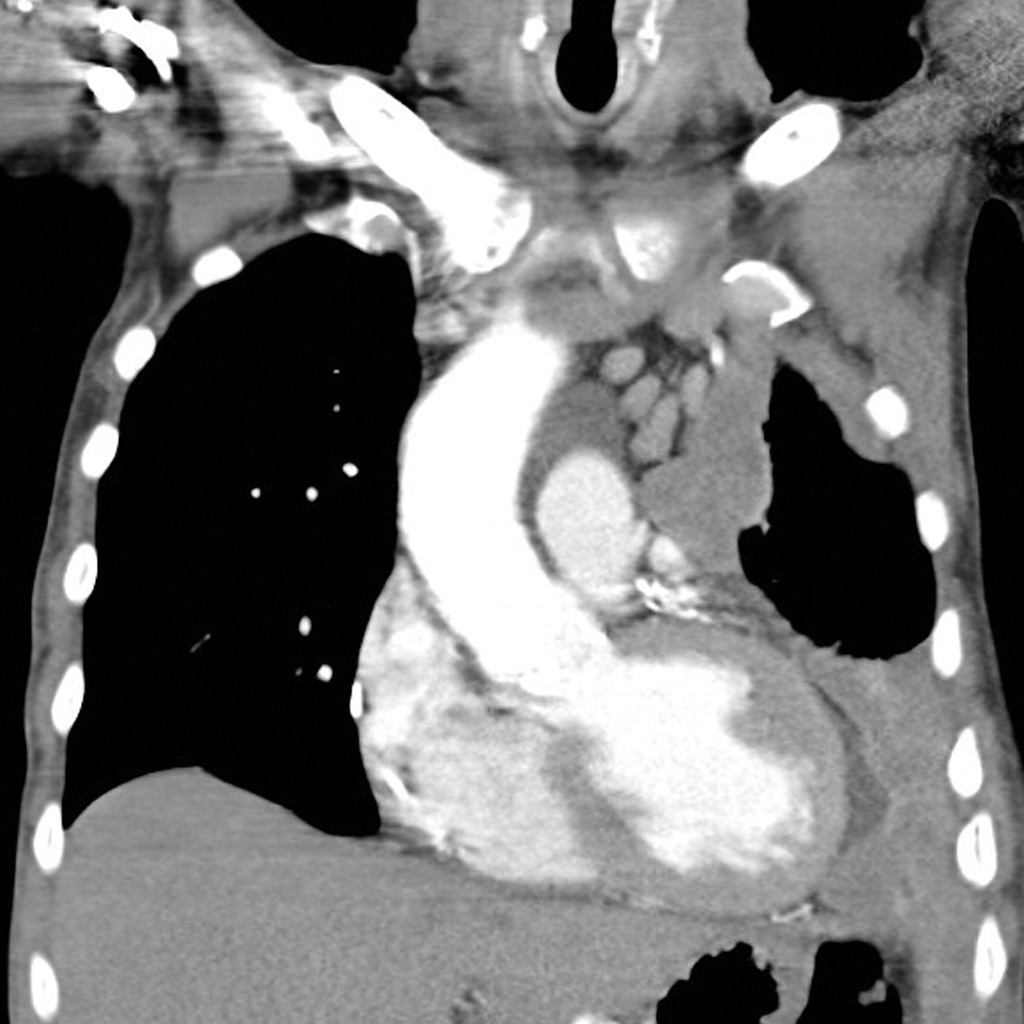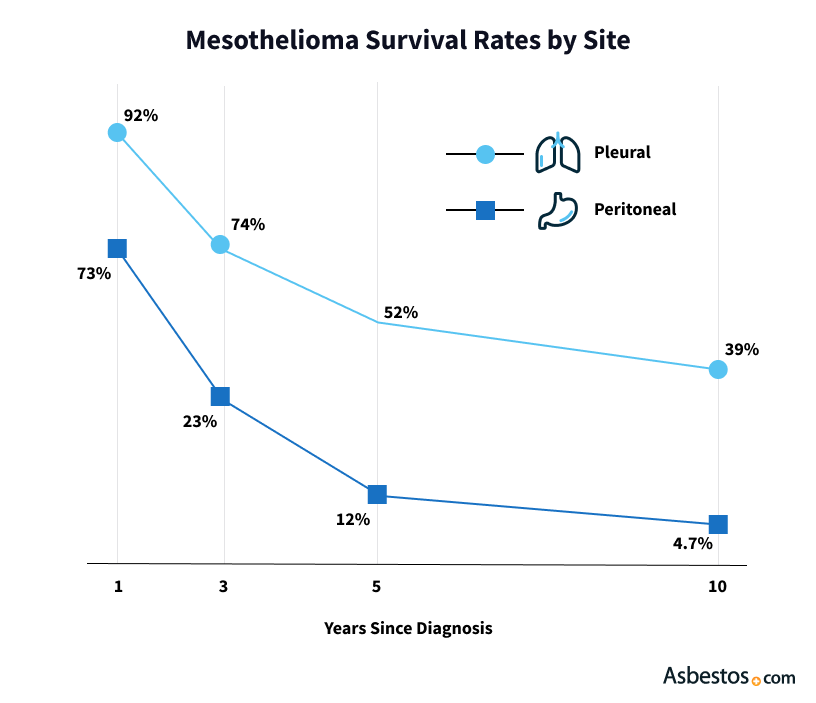pleural mesothelioma
 My Experience with Pleural Mesothelioma
My Experience with Pleural Mesothelioma
As someone who has been diagnosed with pleural mesothelioma, I understand the overwhelming emotions that come with this diagnosis.
It can be difficult to know where to turn for information and support, which is why I want to share my experience and knowledge with others facing the same situation.
Understanding Pleural Mesothelioma
 Pleural mesothelioma is a rare form of cancer that affects the lining of the lungs called the pleura.
Pleural mesothelioma is a rare form of cancer that affects the lining of the lungs called the pleura.
It is caused by exposure to asbestos, a mineral once commonly used in construction materials.
Symptoms of Pleural Mesothelioma
The symptoms of pleural mesothelioma include shortness of breath, chest pain, coughing, and fatigue.
Unfortunately, these symptoms often do not appear until the cancer has progressed to an advanced stage.
Treatment for Pleural Mesothelioma
Treatment for pleural mesothelioma may include surgery, chemotherapy, and radiation therapy.
However, the best course of treatment will depend on the stage of the cancer and the overall health of the patient.
Did you know that pleural mesothelioma accounts for about 75% of all mesothelioma cases?
Prognosis for Pleural Mesothelioma
The prognosis for pleural mesothelioma is generally poor, with a five-year survival rate of less than 10%.
However, early detection and treatment can improve the chances of survival.
It can take up to 50 years for symptoms of pleural mesothelioma to appear after exposure to asbestos.
Prevention of Pleural Mesothelioma
The best way to prevent pleural mesothelioma is to avoid exposure to asbestos.
If you work in an industry where you may be exposed to asbestos, be sure to follow all safety guidelines and wear protective equipment.
Treatment Options for Pleural Mesothelioma
 As someone who has worked in the medical field, I have seen several treatment options available for pleural mesothelioma.
As someone who has worked in the medical field, I have seen several treatment options available for pleural mesothelioma.
These include surgery, chemotherapy, and radiation therapy.
The best course of treatment will depend on the individual's specific case and how far the cancer has progressed.
In some cases, a combination of therapies may be recommended.
Surgery
Surgery is often the first line of treatment for pleural mesothelioma, as it offers the best chance for long-term survival.
However, not all patients are eligible for surgery due to factors such as age or overall health.
Surgical options include:
- Extrapleural pneumonectomy (EPP)
- Pleurectomy/decortication (P/D)
Chemotherapy and Radiation Therapy
Chemotherapy and radiation therapy can also be effective treatments, either alone or in combination with surgery.
Chemotherapy involves the use of drugs to kill cancer cells, while radiation therapy uses high-energy radiation to destroy cancer cells.
These treatments can be administered before or after surgery, depending on the individual's case.
It's important to note that while surgery, chemotherapy, and radiation therapy can be effective treatments, they also come with potential side effects.
It's important to discuss these with your doctor and weigh the benefits and risks before making a decision.
Immunotherapy and Clinical Trials
Immunotherapy is a newer treatment option that involves using the body's immune system to fight cancer cells.
This treatment is still being studied and is not yet widely available.
Clinical trials may also be an option for some patients, as they offer access to new treatments that are not yet available to the general public.
It's important to work closely with your medical team to determine the best course of treatment for your specific case of pleural mesothelioma.
They can help you understand the potential benefits and risks of each treatment option and guide you through the decision-making process.
Coping with a Diagnosis of Pleural Mesothelioma
 Receiving a diagnosis of pleural mesothelioma can be overwhelming and frightening.
Receiving a diagnosis of pleural mesothelioma can be overwhelming and frightening.
It is important to remember that you are not alone and there are resources available to help you cope with your diagnosis.
Support Groups and Counseling Services
One helpful resource is a support group for individuals with mesothelioma.
These groups provide a safe and supportive environment to connect with others who are going through the same experience.
Additionally, many cancer centers offer counseling services for patients and their families.
Physical and Emotional Health
It is also important to take care of your physical and emotional health during this time.
Eating a healthy diet, getting regular exercise, and practicing stress-reducing activities such as meditation or yoga can all help improve your overall well-being.
Support groups provide a safe and supportive environment to connect with others who are going through the same experience.
Legal and Financial Assistance
Many individuals with mesothelioma may be entitled to legal and financial assistance.
There are lawyers who specialize in mesothelioma cases and can help you navigate the legal process.
Additionally, there are organizations that provide financial assistance to help cover medical expenses and other costs associated with the disease.
Alternative Therapies
Some individuals with mesothelioma may choose to explore alternative therapies in addition to traditional medical treatments.
These may include acupuncture, massage therapy, or herbal supplements.
It is important to discuss any alternative therapies with your healthcare team before trying them.
Important Statistics about Pleural Mesothelioma
 Approximately 3,000 people in the United States are diagnosed with mesothelioma each year.
Approximately 3,000 people in the United States are diagnosed with mesothelioma each year.
The average age at diagnosis is 69 years old.
Men are four times more likely than women to be diagnosed with mesothelioma.
The survival rate for pleural mesothelioma is unfortunately low, with only 10% of patients surviving five years after diagnosis.






0 Comments